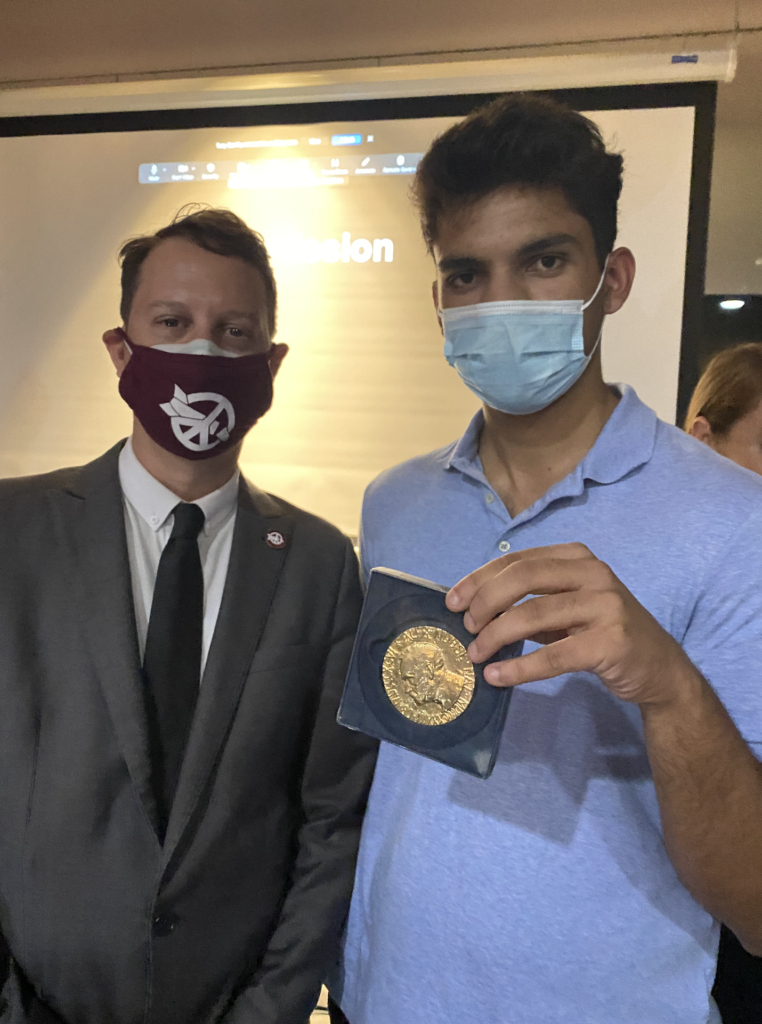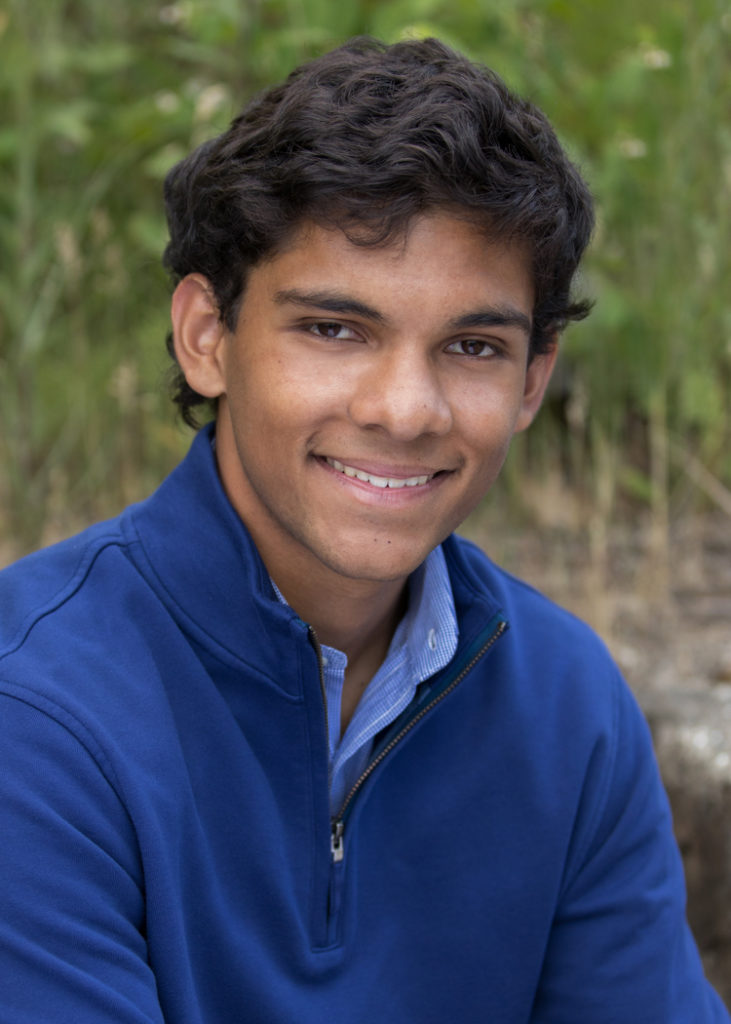This is the first post in a series of six posts written by the Summer 2021 Honors Internship Fellows. The students received a stipend that enabled them to work at non-profit organizations for the common good.
Author: Jack Moses, junior
Thanks to the Honors Summer Fellowship, I was able to intern at the Nuclear Age Peace Foundation and their partner organization Reverse the Trend: Save Our People, Save Our Planet. Both of the non-profit organizations that I worked for centered around nuclear disarmament – extending denuclearization into the intersecting social justice issues of civil rights, women’s rights, sexuality, and environmental protection. Thus, justice, a key tenet to the academic work of the Honors Program, was front and center to my work at the Nuclear Age Peace Foundation and Reverse the Trend.
One of the most important aspects of the internship was the close collaboration and work with affected communities: people and groups who had been directly affected by the production, deployment, and testing of nuclear weapons.
I helped organize an event on August 6th 2021 to honor those affected by the dropping of the atomic bombs on Hiroshima and Nagasaki in which hibakusha (survivors of the bomb) ensured that their stories will never be forgotten. We worked directly to amplify the voices of the Pacific Marshallese community – those from the Marshall Islands, where the United States tested nuclear weapons in the 1970s – to hold the US government accountable for their atrocities against the community.
The internship brought me in contact with an incredible amount of people, and for that, I will forever be grateful. My previous activism and social justice work had focused only on domestic issues but witnessing the consequences of nuclear proliferation on the international community was a significant step in my professional and intellectual growth.

My intellectual growth was compounded by an exposure to materials on nuclear weapons that I had been previously unfamiliar with. Nuclear weapons and their consequences are rarely covered in traditional academic courses; the connection between the civil rights movement and the nuclear disarmament movement is almost never. Having advisors in our organization who specialize in connecting nuclear disarmament to women’s rights, environmental protection, and civil rights was fascinating and provided new knowledge for me.
To conclude, I would like to thank the Honors Program for such a generous grant to be able to intern with these nuclear disarmament organizations. While I will be branching out into the redistricting field in the fall, I will certainly remain a nuclear disarmament and environmental justice activist throughout the entirety of my academic and professional career.
